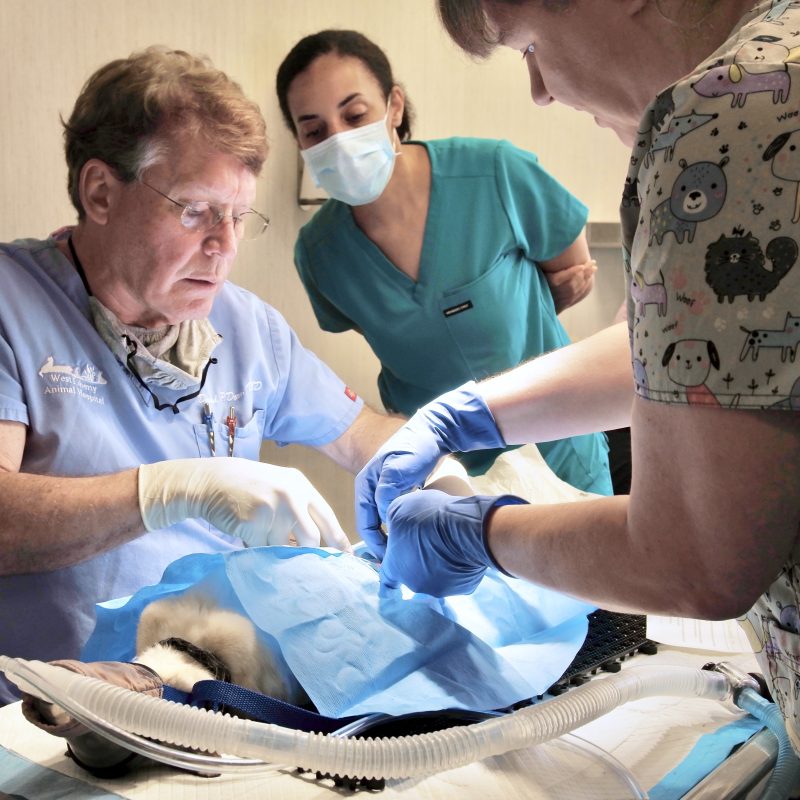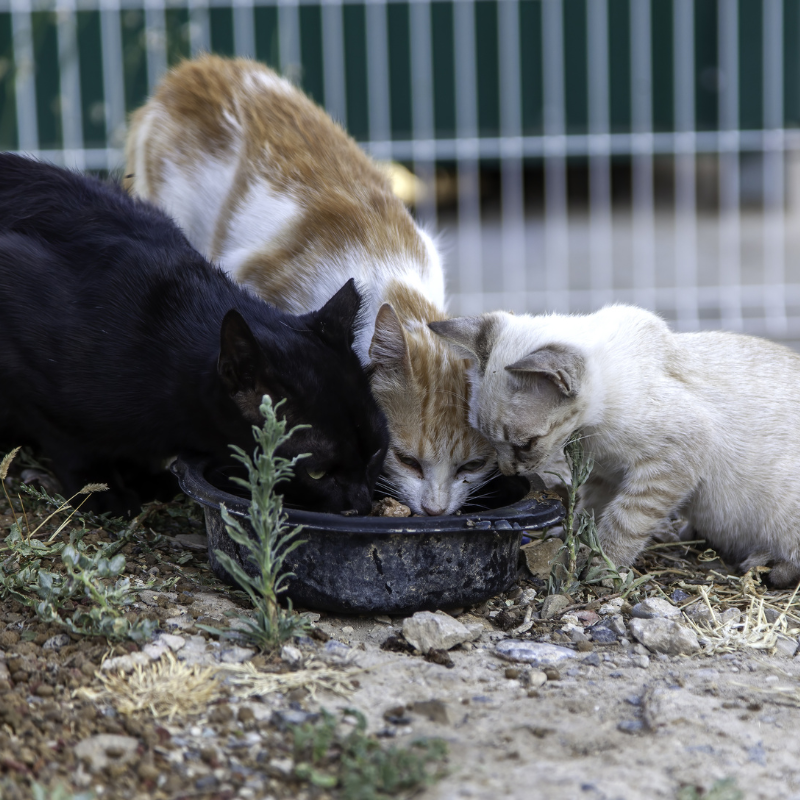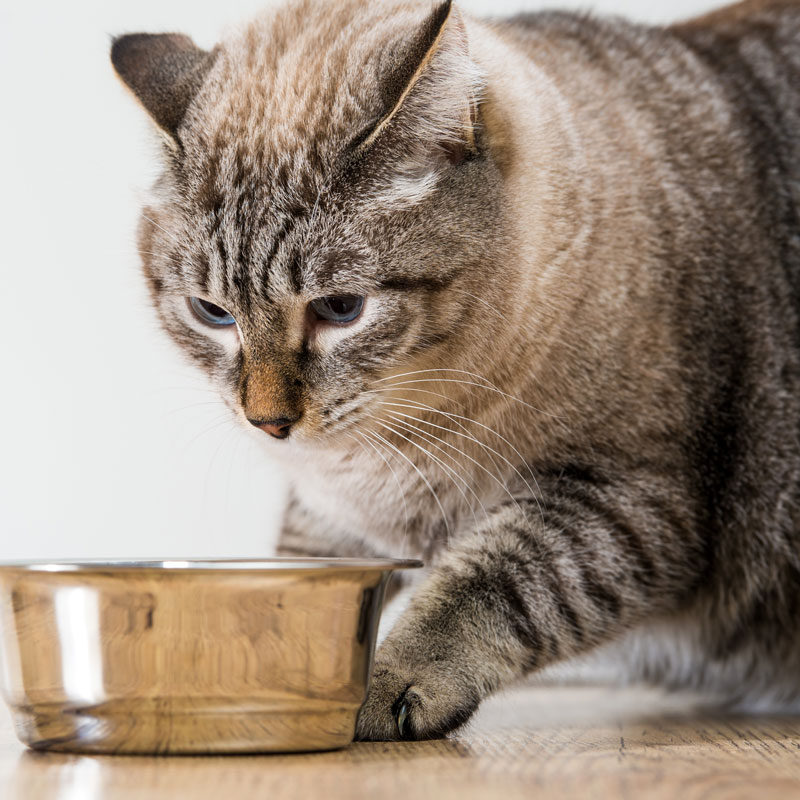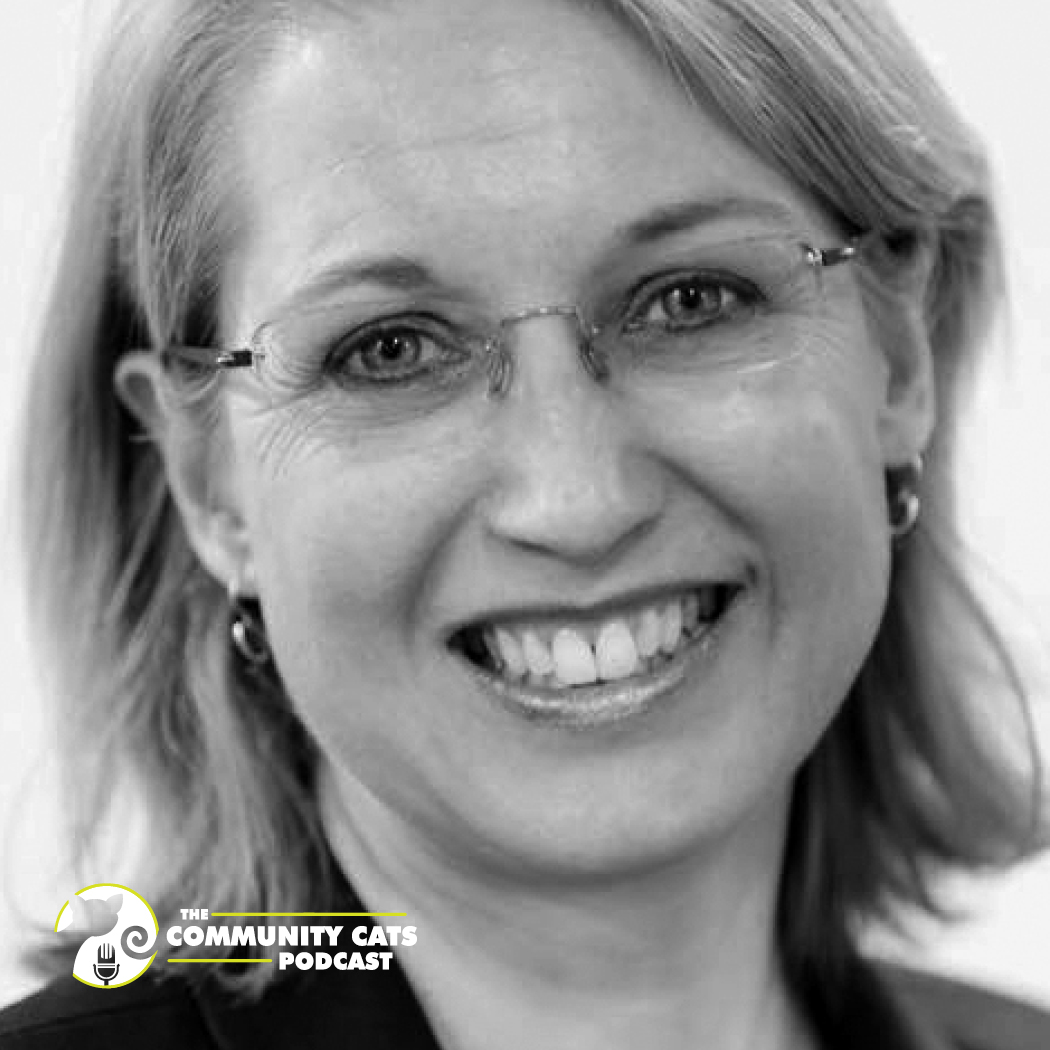
Dr. Anne Beall, Market Researcher, Animal Advocate, Author
August 25, 2020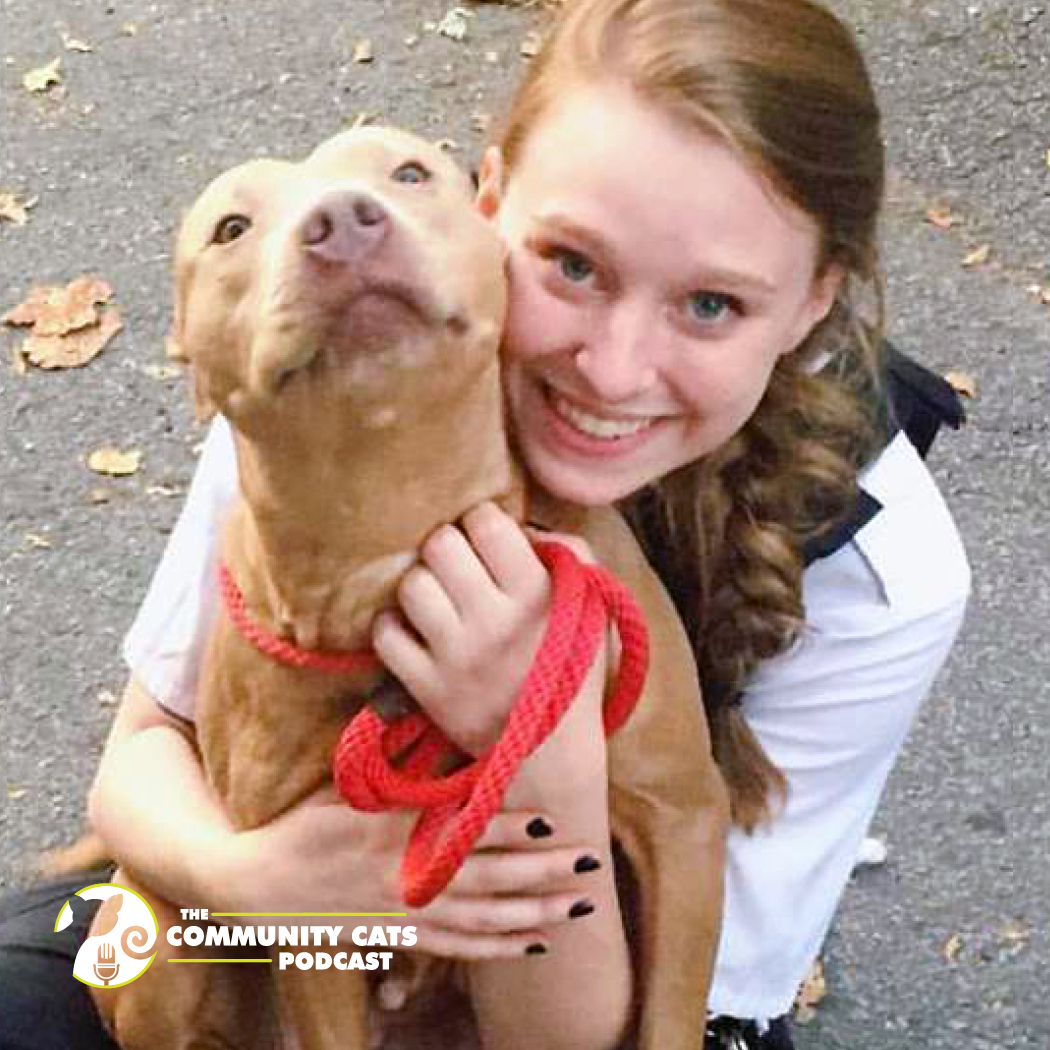
Anna Raines, Best Friends Animal Society
September 1, 2020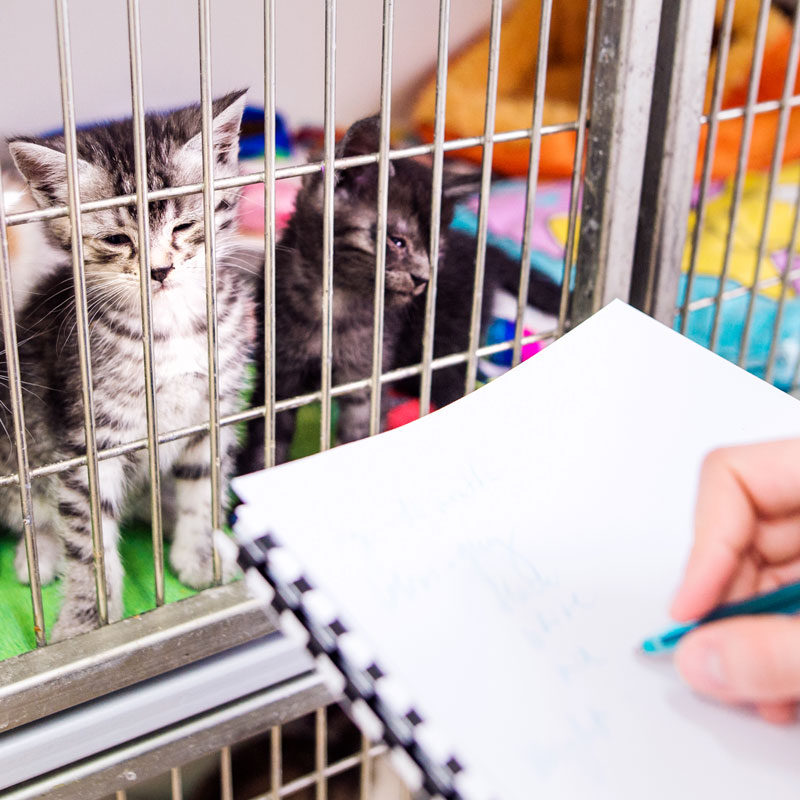
This week’s guest post comes to us from Liz Pease, former Executive Director of the Merrimack River Feline Rescue Society, who was featured on CCP Episode #51.
Last week, while putting together the CCP e-news, I was struck by the video that we shared from the new group Companions and Animals for Reform and Equity (CARE). In case you missed it, the video, called “Are We Looking for Reasons Not to Adopt?” can be found here. It is a mere two minutes, but it touches very powerfully on the topic of bias in adoptions. Addressing this topic is CARE’s mission; they state on their website that
“We believe in the inherent goodness and dignity of all people. Ex-offenders, People without Homes, Seniors, Renters, Families with Small Children, and Yes, People of Color. To that end, CARE’s mission is to bring diverse voices to the Animal Welfare industry while also advocating for a more inclusive path to pet adoption. CARE is using evidence-based tools and narratives to inspire organizations to be more inclusive and less biased. All in an effort to save more companion animals and elevate the value of all human life. “CARE believes this effort is the defining challenge for the Animal Welfare field.”
“How does a humane movement move forward with love and compassion for all the people? Ultimately, if we want people to adopt from shelters and rescues versus acquiring pets from other sources, we must become more inclusive and welcoming to all types of people and the varied lives they lead.”
Wow. This knocked my socks off when I read it, and it brought back so much about my days of working on the adoption floor at Merrimack River Feline Rescue Society (MRFRS). When I started there, we were known in the area as a group that was extremely stringent in our adoption policies—so much so that a term I will not repeat here, one that indicated our extreme rigidity, bordering on bias/hatred, was sometimes applied to us (including once in a letter to the editor of our local paper). I myself was often guilty of this bias, and I bet you have been too. Who among us hasn’t closed the door to adoption when we hear than an adopter has young kids, travels for work, wants to let a cat outdoors … the list goes on and on. Or what about the reverse? Who hasn’t narrowed a cat’s (or dog’s) adoption possibilities by saying they could only go to a home with no other pets, no kids, etc., etc. etc.? By the time we get done with all those limitations on both sides, it’s no wonder it’s often hard to adopt out some of our animals, especially the ones with “issues.”
It didn’t take me long to see that this kind of approach was misguided. Along with other staff, I began to work hard on changing our policies, moving away from rigid adoption “applications” to more open-ended “questionnaires” designed to help facilitate matches rather than qualify adopters. I began to insist that we not label cats as “needing to be an only,” or “needs to be in a home without children.” Let those topics come up in conversation with adopters and, as I once heard in a wonderful seminar, “let the adopters be the experts on their own lives.”
It wasn’t always easy to bring people around to the idea of inclusiveness in adoption policies, and I certainly didn’t always succeed. As we all know, change can be difficult, and it doesn’t happen easily or overnight. Still, it’s worth revisiting these issues as often and for as long as it takes to get your organization to a place of inclusion, both for animals and for people. We owe it to both of them.
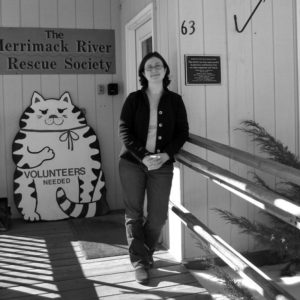 Liz Pease is the former Executive Director of the Merrimack River Feline Rescue Society and previously served as the Feral Cat Program Director and Director of Operations at MRFRS. She has been involved in animal welfare since 2004 when she TNRed her first (of many) feral cats. Liz now works as an editor and proofreader and has been part of the CCP staff since 2018. She lives in Salisbury, MA with her husband and two small kids, plus four cats and two chickens—all of whom hang out together in their catio-turned-chicken-coop.
Liz Pease is the former Executive Director of the Merrimack River Feline Rescue Society and previously served as the Feral Cat Program Director and Director of Operations at MRFRS. She has been involved in animal welfare since 2004 when she TNRed her first (of many) feral cats. Liz now works as an editor and proofreader and has been part of the CCP staff since 2018. She lives in Salisbury, MA with her husband and two small kids, plus four cats and two chickens—all of whom hang out together in their catio-turned-chicken-coop.

